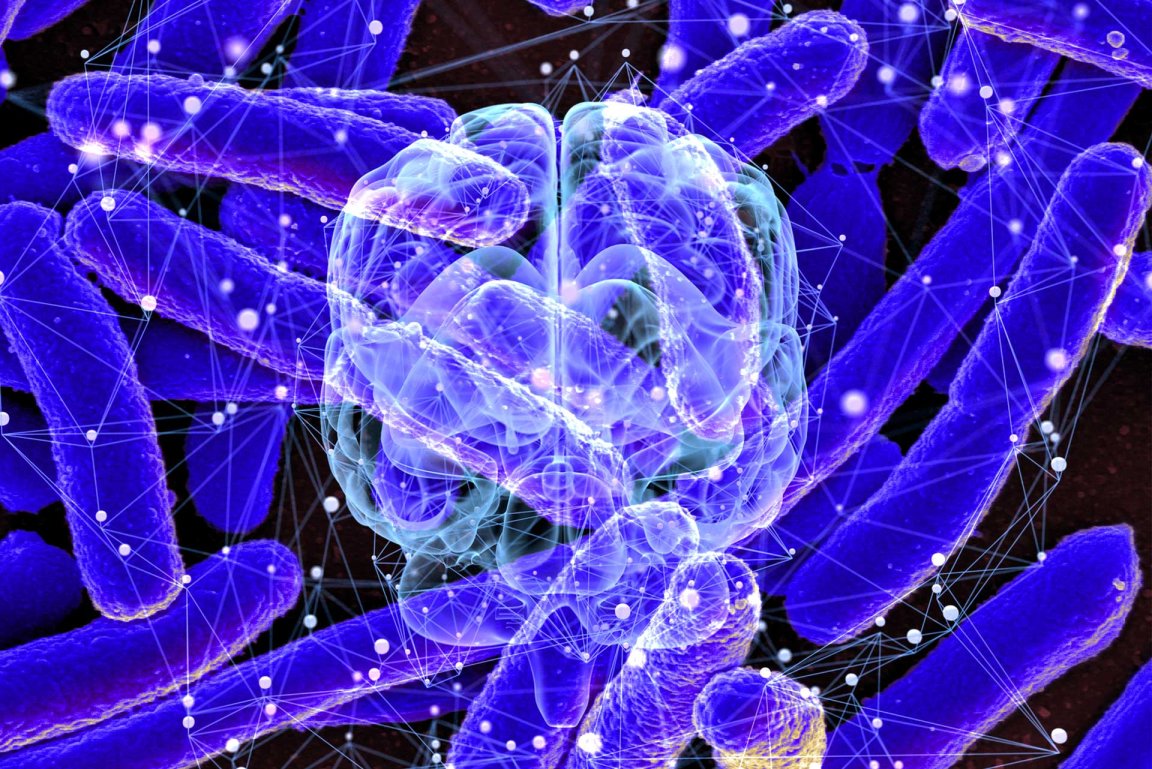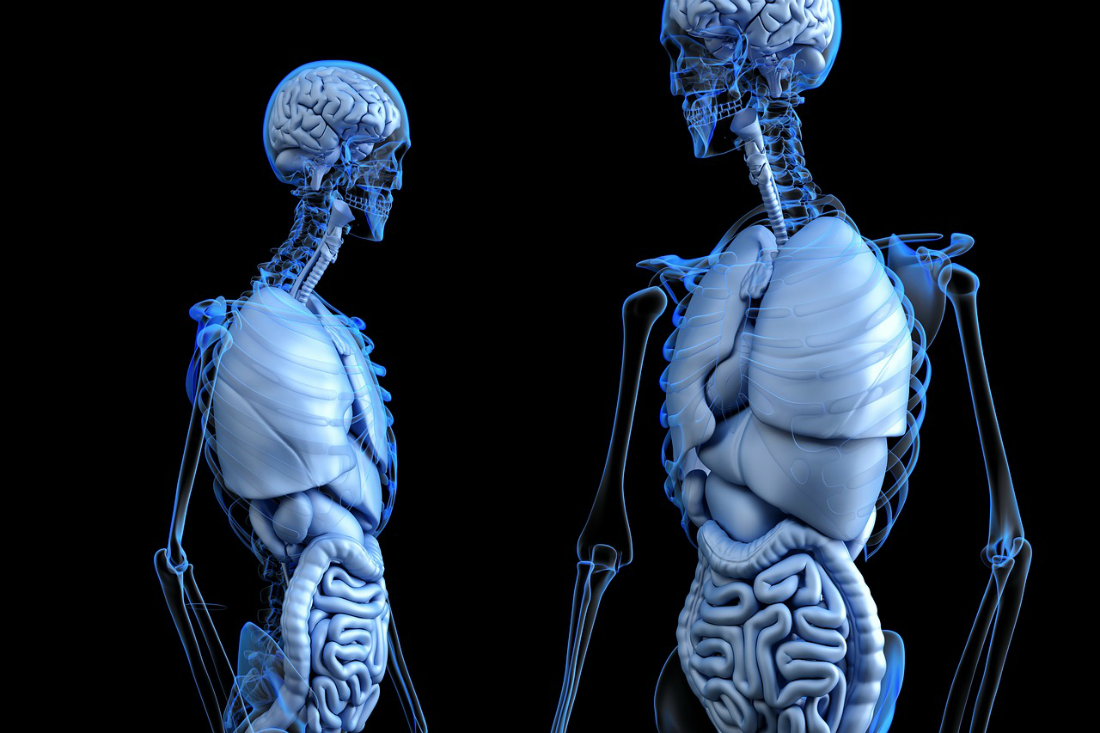
Have you ever had that gut feeling? A feeling that makes you suddenly feel anxious or feel like something isn’t right? It’s not just a figure of speech, because there is actually science behind it. This is caused by the microbes in your gut communicating with your brain via something called the vagus nerve, and vice versa. So let’s look at what has to happen in the gut to cause it to start sending signals to the brain that result in problems like depression or anxiety.
Scientific evidence shows a strong connection between chronic diseases and inflammation. Inflammation is most commonly rooted in the gut, where around 70 percent of our immune system resides. Our food choices result in oxidative stress, setting the stage for inflammatory ailments such as depression, anxiety, brain fog, obesity and more. The health of your gut directly impacts the health of your brain.
The gut communicated with our immune system and also communicates with the brain using, among other things, neurotransmitters. One function of neurotransmitters is that they that they send key messages to the brain, resulting in various effects on the body.
Serotonin and dopamine are some well-known neurotransmitters that are typically associated with a good mood. In fact, while many believe that serotonin is primarily produced in the brain, it’s been found that up to 90 percent of serotonin is actually created in the gut.
Dr. Helen Messer, the Chief Medical Officer at Viome, which analyzes the gut microbiome, told Futurism that “the bacteria in the gut make or consume the majority of neurotransmitters in our bodies.”
Essentially, if your gut is producing an adequate amount of mood-improving chemicals like serotonin, then it will send signals to the brain that will result in various benefits such as better sleep and satiety. It’s obviously more complicated than that, but that’s the general rundown. So how do you influence your gut to help it produce the good neurotransmitters and other compounds that make the mind feel better? A lot of it has to do with eating the right diet that your gut needs.

The foods that we eat affect the composition of our microbes and in turn change the products that our gut produces, Dr. Messier said. A fatty diet, especially, can turn on the bad bacteria that like those types of food. These fast food loving organisms produce inflammatory compounds setting the stage for chronic diseases.
The truth is that your gut is incredibly unique. It’s more unique than your fingerprint. It’s important to understand that there is no food that can be considered universally non-inflammatory. The same food that can heal one person and cause inflammation in another person depending the composition of the gut microbiome, Viome CEO Naveen Jain told Futurism. Your gut can metabolize the same food to produce nutrients that your body needs or can produce harmful toxins that cause inflammation. That spinach you’ve been told to eat your whole life may not actually be healthy for you right now.
A healthy diet personalized for you allows your gut not produce inflammatory compounds and instead produce healthy compounds like butyrate and neurotransmitters that positively affect the brain and mind. It’s not just neurotransmitters, though. The bacteria in your gut also produce vitamins and nutrients your brain needs to function properly.
“Neurotransmitter production in the brain is dependent on specific vitamins,” Dr. Messier said. “Folic acid is an example. Our brain absolutely depends on folic acid, and our bacteria make it for us. If they don’t have the right building blocks that come from the food, they won’t be able to make the things we depend on.”
If your brain does not get the nutrients it needs, then nerve signals slow down, and different parts of the brain start having trouble communicating effectively, Dr. Messier explained. The good news is that the microbiome changes. If someone adequately improves their diet, based on personalized recommendations, Dr. Messier says their gut can be rebalanced in a matter of weeks.
To find out what your unique microbiome needs, it’s best to get your gut tested. Viome, where Dr. Messier works, has developed an RNA sequencing method that is affordable and accurately identifies which organisms are active in your gut. Not only what organisms are there, but also what these organisms are doing and what they are producing. We’ve reported on it in the past. Viome offers personalized food recommendations based on the needs of your gut. Not only will your gut thank you, your brain will thank you too.
Disclaimer
Futurism fans: To create this content, a non-editorial team worked with Viome, who sponsored this post. They help us keep the lights on, and Futurism may receive a commission from sales. This post does not reflect the views or the endorsement of the Futurism.com editorial staff.